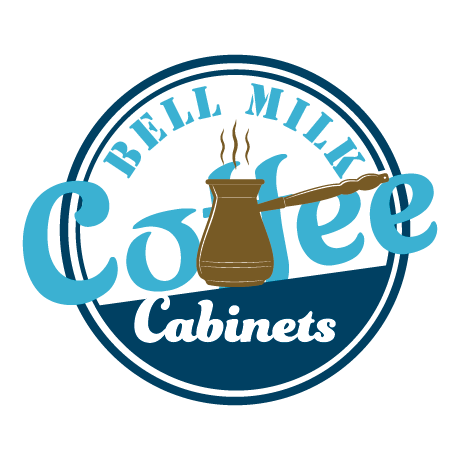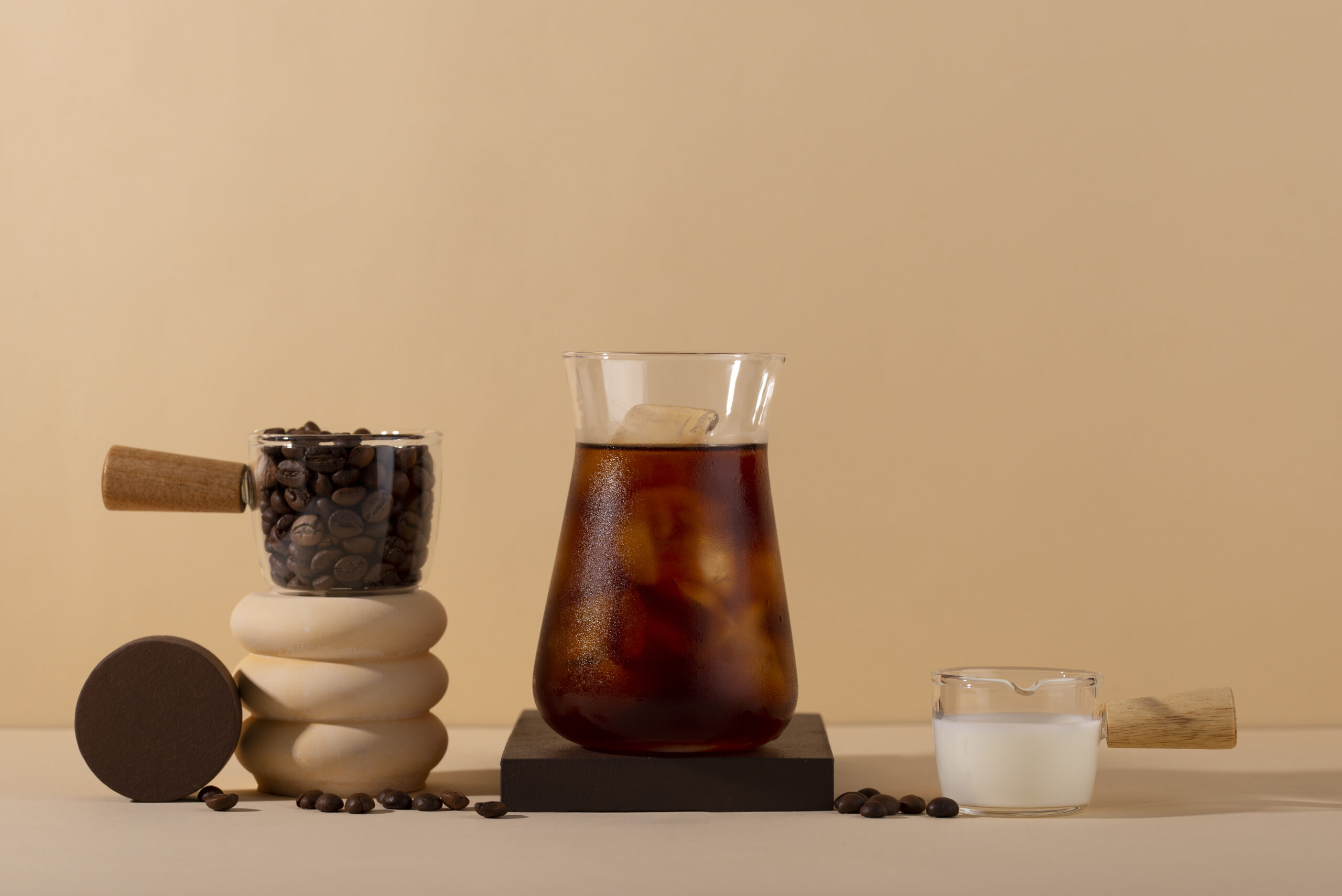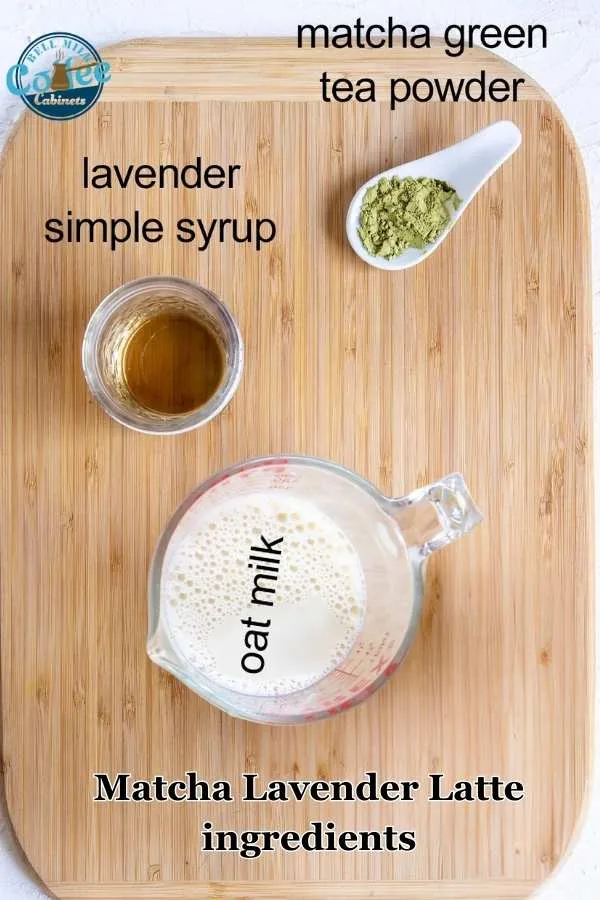If you’re a coffee lover looking to enjoy a smooth, refreshing cup without the caffeine buzz, decaf cold brew coffee is the perfect option. With its rich, full flavor and the added benefit of being easy on your digestive system, decaf cold brew has grown in popularity, especially among those who want a guilt-free coffee experience. But what exactly makes this coffee so unique? Let’s dive in and explore!
What is Decaf Cold Brew coffee?
At its core, decaf cold brew is made by steeping coarsely ground decaffeinated coffee beans in cold water for an extended period, usually 12 to 24 hours. The result is a smooth, less acidic brew with all the delicious flavors of regular cold brew without caffeine. Since decaf cold brew skips the heat-based extraction process, it retains a mild sweetness and avoids the bitterness often associated with hot coffee.
How is Decaf Coffee Made?
To understand decaf cold brew, it’s important to first examine how decaffeinated coffee is produced. Several processes can remove caffeine from coffee beans, each affecting the flavor in different ways.
Swiss Water Process
This chemical-free method uses water to extract caffeine from the beans gently. It’s popular among those who prefer a natural process and want to avoid chemical solvents. The Swiss Water Process is known for preserving the coffee’s original flavor while effectively removing over 99% of the caffeine.
Direct-Solvent Process
This method uses solvents such as methylene chloride or ethyl acetate to remove caffeine. The beans are steamed and then rinsed with the solvent, which dissolves the caffeine. While effective, this method can slightly alter the flavor of the coffee.
Carbon Dioxide Process
The CO2 process uses liquid carbon dioxide under high pressure to extract caffeine. It’s a relatively newer method that is becoming popular because it maintains the beans’ flavor better than other chemical methods.
Cold Brew vs. Hot Brew: Key Differences
You might wonder how cold brew differs from the traditional hot-brewed coffee you’re familiar with. The key differences lie in the extraction method and flavor profile.
- Extraction Method: Cold brew is made by steeping coffee grounds in cold water, while hot brew uses boiling water for rapid extraction. The slower, cooler process of cold brew extracts fewer bitter compounds, resulting in a smoother taste.
- Flavor profiles: Cold brew tends to be less acidic and smoother than hot-brewed coffee. Hot brewing extracts more volatile compounds, which can give the coffee a sharper, more intense flavor.
- Caffeine content comparison: Decaf cold brew contains little to no caffeine, while hot-brewed decaf may retain more caffeine due to the higher temperature extraction.


Health Benefits of Decaf iced Brew Coffee
For those looking for the health perks of coffee without the side effects of caffeine, decaf cold brew offers a winning solution.
Low Acidity Benefits
Cold brew is known for being less acidic than traditional hot coffee. This makes it an excellent choice for those with sensitive stomachs or acid reflux, as it’s much gentler on the digestive system.
Less Caffeine, More Control
Since decaf cold brew contains little to no caffeine, it’s ideal for anyone trying to reduce their caffeine intake without giving up coffee altogether. You can enjoy your favorite brew any time of the day without worrying about staying up all night.
Antioxidants and Nutrients
Even though it’s decaffeinated, decaf cold brew retains many antioxidants and beneficial compounds in regular coffee. These compounds can help fight inflammation and protect your cells from damage.
The Perfect Blend: Decaf and Cold Brew Together
By combining decaffeinated beans with the cold brew method, you create a drink that is both smooth and rich, but without the jitters that come with caffeine. Cold brewing enhances the natural sweetness of decaf coffee, resulting in a brew that’s delicious and easy to drink.
How to Make Decaf Cold Brew Coffee at Home
Making decaf cold brew at home is incredibly simple, and you don’t need any fancy equipment to get started.
Ingredients You’ll Need
- Coarsely ground decaf coffee beans
- Cold, filtered water
- A large jar or pitcher
- A fine mesh sieve or cheesecloth
Step-by-Step Process
- Measure out your coffee grounds (about 1 cup of grounds for every 4 cups of water).
- Combine the coffee and water in your jar or pitcher.
- Stir the mixture to ensure all the grounds are saturated.
- Cover and refrigerate for 12-24 hours.
- Strain the coffee using a sieve or cheesecloth.
- Serve over ice and enjoy!
Pro Tips for the Best Brew
- Use filtered water for the cleanest taste.
- Experiment with steeping times to find your perfect brew strength.


Best Beans for Decaf Cold Brew Coffee
Not all beans are created equal when it comes to cold brew. Here’s what to look for.
Arabica vs. Robusta
Arabica beans are generally preferred for decaf cold brew due to their sweeter, more nuanced flavor compared to the bolder, harsher notes of Robusta.
Specialty Decaf Beans
Look for specialty decaf beans from trusted sources to ensure you’re getting the highest quality and best flavor.
Where to Buy Decaf ice Brew Coffee
You can find ready-to-drink decaf cold brew in most grocery stores or order it online. Some popular brands include:
- Starbucks Decaf Cold Brew
- Trader Joe’s Decaf Cold Brew Concentrate
- Chameleon Organic Decaf Cold Brew
Decaf Cold Brew Coffee in Cafés
Many cafés now offer decaf cold brew as part of their menu. Don’t be afraid to ask for a custom brew if you prefer your coffee with certain milk or flavor syrups.
Popular Café Offerings
Many shops offer unique spins on decaf cold brew, like nitro-infused versions for a creamy texture.
Customizing Your Order
You can add almond milk, oat milk, or your favorite syrup to make your decaf cold brew just right.
Flavoring Your Decaf Cold Brew
Decaf cold brew is versatile and pairs well with many flavors.
Adding Milk or Cream Alternatives
Non-dairy milk options like oat or almond milk are popular additions for a creamy texture without dairy.
Sweeteners and Syrups
Feel free to sweeten your cold brew with flavored syrups like vanilla, caramel, or hazelnut for a personalized touch.
Storing Decaf Brew Coffee
Decaf cold brew stays fresh in the fridge for up to a week, making it convenient for busy mornings.
Shelf Life and Storage Tips
Keep your decaf cold brew in an airtight container to maintain freshness. It’s time to brew a fresh batch if it starts to taste off.


Common Misconceptions about this cold brew coffee
“Decaf is Flavorless”
Decaf coffee has come a long way, and modern methods ensure it still packs plenty of flavor.
“Cold Brew Must Be Highly Caffeinated”
Cold brew doesn’t always have to be a caffeine powerhouse. Decaf versions give you all the taste without the buzz.
Decaf Cold Brew for Different Diets
Whether you follow a keto, vegan, or low-carb lifestyle, decaf cold brew fits easily into most diets.
Keto and Low-Carb Options
Decaf cold brew is naturally low-carb and can be made keto-friendly by adding sugar-free flavorings or heavy cream.
Vegan and Dairy-Free Choices
Opt for plant-based milk like almond or oat to keep your brew vegan and dairy-free.
The Future of this coffee
As the demand for decaf coffee grows, so does the interest in cold brew. Expect to see more innovative brewing methods and flavor combinations in the coming years.
Conclusion: Why Decaf Cold Brew is Worth Trying
Decaf iced brew coffee offers all the delicious, refreshing flavor of regular cold brew without the caffeine. Whether you’re sensitive to caffeine or just want a smooth, easy-drinking coffee option for any time of day, decaf cold brew is a great choice. With its growing popularity, you can easily find it at cafés, and grocery stores, or even make it yourself at home.
here is some great coffee-related content: heavy whipping cream in coffee
FAQs about Decaf Cold Brew
Is decaf cold brew completely caffeine-free?
While decaf coffee is not 100% caffeine-free, it contains only trace amounts of caffeine.
How long does decaf cold brew last in the fridge?
Decaf cold brew can last up to a week in the fridge if stored properly in an airtight container.
Can I use flavored coffee beans for decaf cold brew?
Yes, you can use flavored decaf coffee beans to add an extra layer of taste to your cold brew.
What’s the best grind size for decaf cold brew?
A coarse grind is ideal for cold brew to avoid over-extraction and bitterness.
How does decaf cold brew compare to iced coffee?
Decaf cold brew is smoother and less acidic than iced coffee, which is made by chilling hot-brewed coffee.








